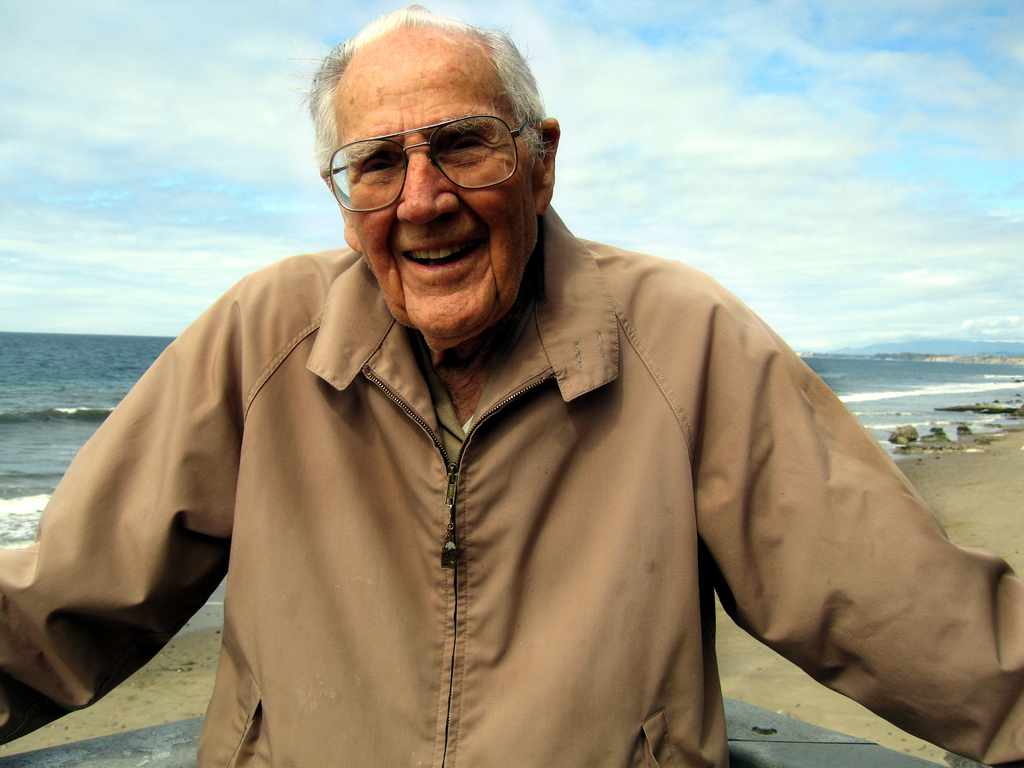Where The Needs Of Others Come First · Available 24x7 For Emergencies

Fatigue and Depression Caused By MS Can Be Managed Effectively
Elderly people who have been diagnosed with multiple sclerosis often experience what some doctors refer to as the “invisible symptoms” of fatigue and depression. They are known as invisible symptoms because they may not be immediately identified or recognized as symptoms of MS. A patient’s description of fatigue and depression may look like normal signs of aging or age-related illnesses, especially if the person doesn’t have the words to describe the extent of their symptoms. If the doctor doesn’t probe for more complete symptom description or if the patient’s family doesn’t recognize the serious nature of the symptoms, the patient’s condition may go untreated.
Managing Symptoms With Medicine
The good news is that both fatigue and depression can be effectively treated with medication. With appropriate pharmacological therapy, seniors can overcome the debilitating effects of fatigue and depression, and get back to living their lives normally. Once medication has been prescribed, caregivers should watch closely for any side effects or medication-caused symptoms. Over-the-counter medications can also interact negatively with prescription medication, so caregivers should report all OTC medication to the patient’s doctor and watch closely for negative responses. At the same time, however, it’s important to distinguish MS-related symptoms from those that may be attributed to other causes. Additional treatments may be necessary in some cases.
Managing Symptoms With Lifestyle Changes
In addition to medication, MS-related fatigue and depression can also be treated effectively with exercise. Doctors encourage elderly people to start slow, keep their internal temperature regulated, and build up stamina gradually. While exercise may be the last thing seniors with MS want to attempt, it can offer important benefits. Exercise releases positive chemicals in the brain that can have calming effects for people with depression. It also acts as a positive coping mechanism and can help seniors gain confidence as they increase mobility. Caregivers should also take steps to include a healthy diet as part of an overall lifestyle change that can increase an elderly person’s immune system and response to MS symptoms.
How Caregivers Can Help MS Patients
Caregivers of elderly patients should watch carefully for the invisible symptoms of fatigue and depression. Sometimes these symptoms look normal, and loved ones may not realize the extent to which they are affecting the patient’s ability to function. If seniors sleep more than normal, seem sad all the time, seem too tired to participate in normal activities they once enjoyed, or don’t want to eat, caregivers should bring these concerns to the attention of their doctor. Once appropriate medication and lifestyle therapy has been put in place, an in-home caregiver can help by making sure the patient takes prescribed medication at the right time, helping him or her take walks and get exercise, and offering companionship.
Photo by torbakhopper HE DEAD 
Originally posted 2014-12-18 10:30:32.
